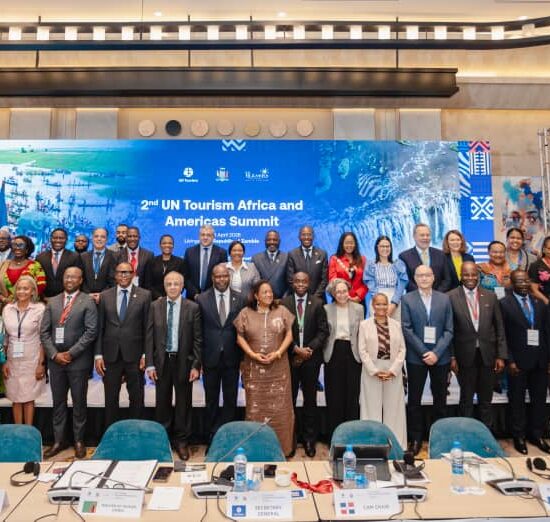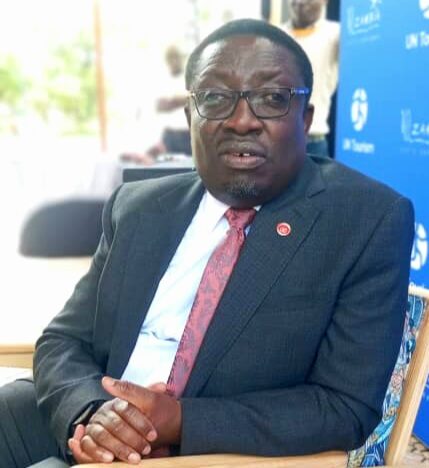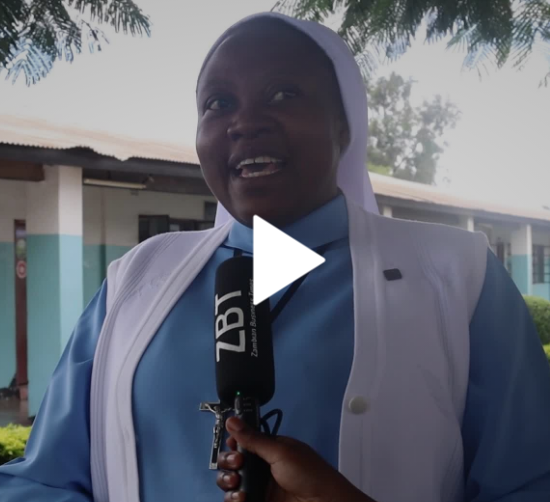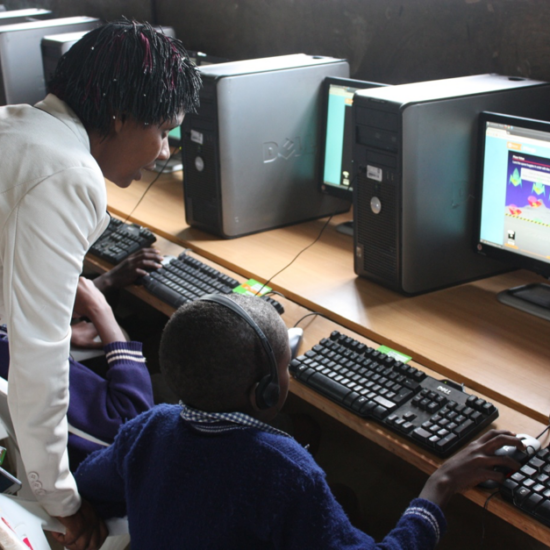
Zambia’s power utility company ZESCO has announced that despite having paid US$27 million for the importation of power from Eskom of South Africa, it is facing challenges in importing the full 300MW from time to time as it is competing with other counties due the power deficit affecting the entire region.
Zambia’s current power deficit situation had led to government’s decision to import 300MW of power from Eskom but lack of available wheeling passage due to the fact that power has to pass through another country has hampered the process of fully importing the paid for power.
And ZESCO Board Chairperson Dr. Mbita Chitala has explained that there is limited availability of a wheeling path during off peak period as Zesco , Nampower of Namibia and ZESA of Zimbabwe are all major power importers from Eskom of South Africa, hence Zambia is disadvantaged from importing the full 300 MW.
Addressing the media in Lusaka on December 12, 2019, Dr. Chitala has since disclosed that in order to mitigate the power deficit in the country, the company will soon bring on board the Kafue Gorge Lower Hydro Power Station – KGL which is a 750 MW power plant.
He said the plant will be commissioned in phases and will begin with the first 150MW machine by May 2020 adding that the project is currently at 80% completion stage.
“ZESCO is also expecting about 200MW from the renewable Solar Project in Serenje by end of 2020, and the 15MW Lusiwasi Upper Power Project is another project undergoing commissioning by end of the first quarter in 2020. The aforementioned projects will help to stabilize the power supply in the country going forward,” He added.
ZESCO has further announced its commitment to continue pursing other future interventions which include building up of the 1,200MW Batoka, 1,000MW Luapula Basin Hydro project and the 120MW solar project under the Get-fit renewable energy program.
Meanwhile, in a separate exclusive interview with the Zambian Business Times – ZBT, ZESCO Director for Strategy and Corporate Affairs Patrick Mwila said that the company is expected to start reducing load shedding hours to less than 12 hours a day as soon as the situation of power balance improves.
Mwila told a ZBT that the company is also expected to announce a new load shedding schedule next week as it is currently undergoing a process of balancing up the timetable, taking advantage of the industrial break to release more power for the domestic users.
Meanwhile, Eskom in South Africa has confirmed in a separate media statement that it has a “non binding” agreement with ZESCO of Zambia were it would only export power when it has excess, contradicting the Zambia version that imports have been hampered by lack of the wheeling path.
This announcement followed South Africa itself imposing a deeper load shedding schedule sighting reduced power generation







